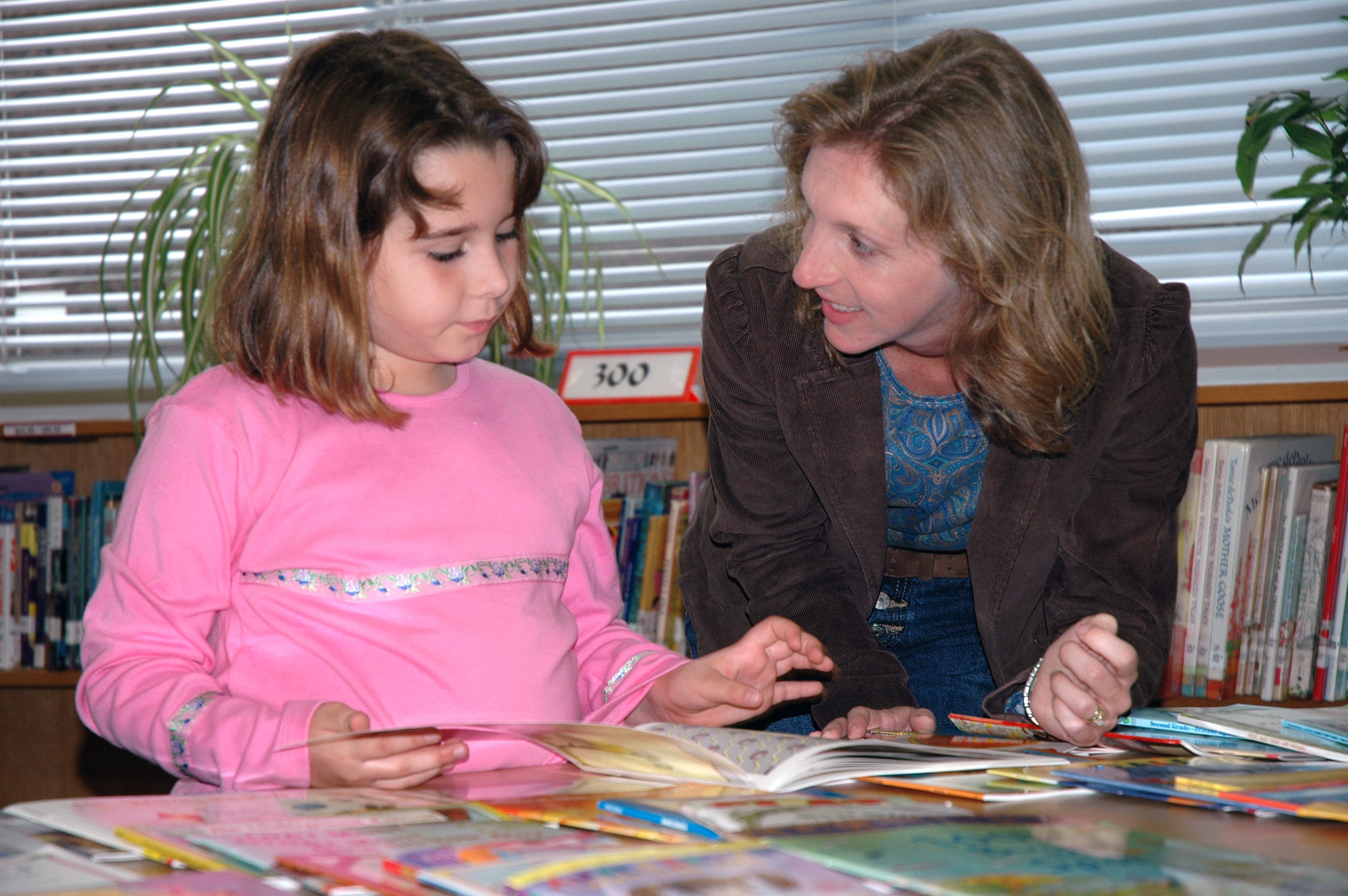Learn About Reading
Before you decide that you need to engage assessment or intervention services, you may wish to know more about how children learn to read, how they are taught to read and the difficulties that some children have in learning to read.
THe science of reading
Since the mid-70's a great deal of progress has been made in understanding how children learn to read and exactly what needs to be taught. Most teachers however, have very little training or professional development providing them any of this information.
The International Dyslexia Association should be your first stop to learn more about the scientific study of reading, Structured Literacy intervention, and most of what you’ll ever need to know.
Despite the increased scientific knowledge, there is still debate about the role of some of the most fundamental skills (phonics). In July 2018 a scholarly debate was held in Australia on the topic “Phonics in Context is Not Enough”. This debate will help you to understand the major controversy that still exists. Click on the active link to see it on YouTube.
Written English is “morpho-phonemic”. In other words, written English conveys information about interactions between the meaning of words (that’s the “morpho” part) and how they sound ( that’s the “phonemic” part - their pronunciation). Click here to link to WordWorks Literacy Centre for more information. Be sure to check out their About WordWorks page. All the links to the research are at the bottom of that page. We can readily teach kids about the interaction between meaning and sound in English!
Click on the title for the PowerPoint presentation from the Council for Exceptional Children sponsored event Reading and Reading Instruction - The Science Says …. October 22, 2018.
Click here to go to the Resources and Links page.
Contact Sara for more information about the science and evidence base of her work.
reading instruction
How children are taught can make a huge difference in the progress that they make. Not all teachers have the background needed to know how to teach phonemic awareness, phonics, fluency, vocabulary and comprehension.
Click here for a primer on Structured Literacy from the International Dyslexia Association, and here for a more detailed description of Structured Literacy.
Click here to go to the Resources and Links page
Contact Sara for more information about the different methods by which reading is taught.
reading difficulties AND dyslexIA
Some children are struggling as a result of not enough direct instruction targeted to their specific needs. Others also have specific processing difficulties (or are using reading pathways in the brain that aren't leading to proficient reading). Dyslexia falls along a continuum of severity from mild to severe requiring different types and intensity of intervention.
Click here to go to the Resources and Links page.
Contact Sara for more information about struggling readers and dyslexia.




